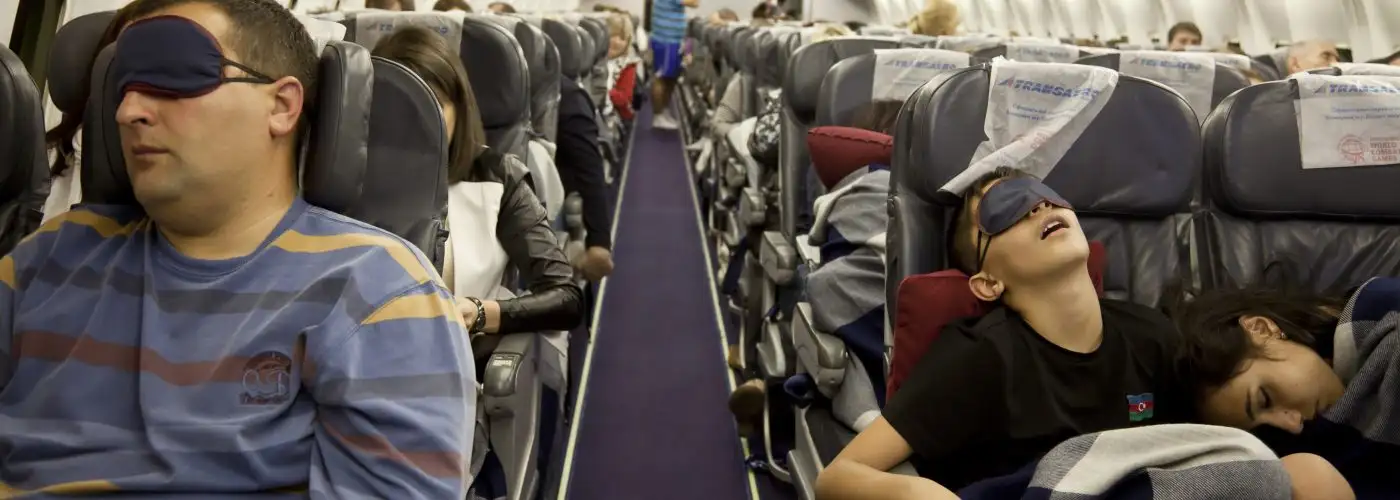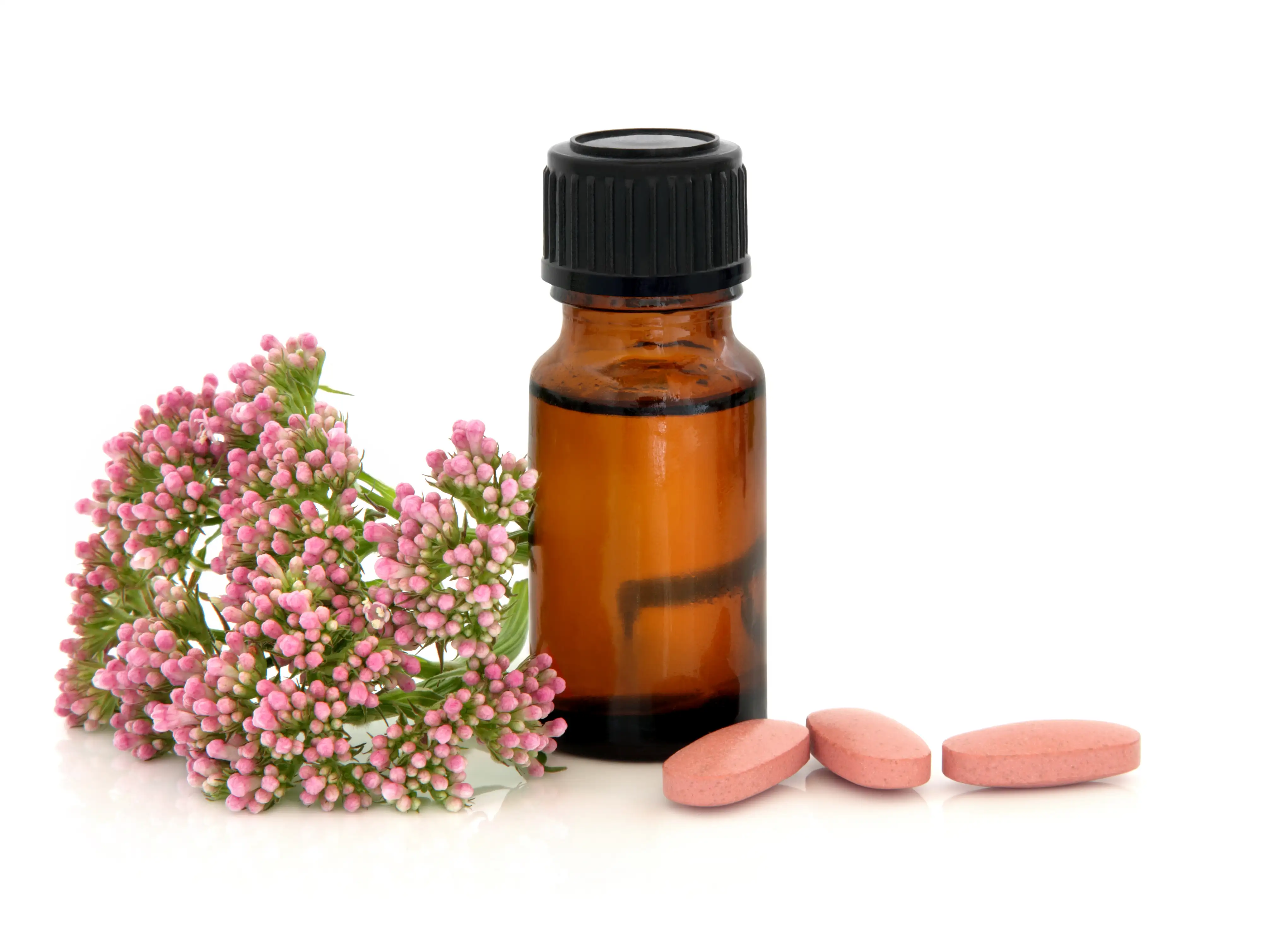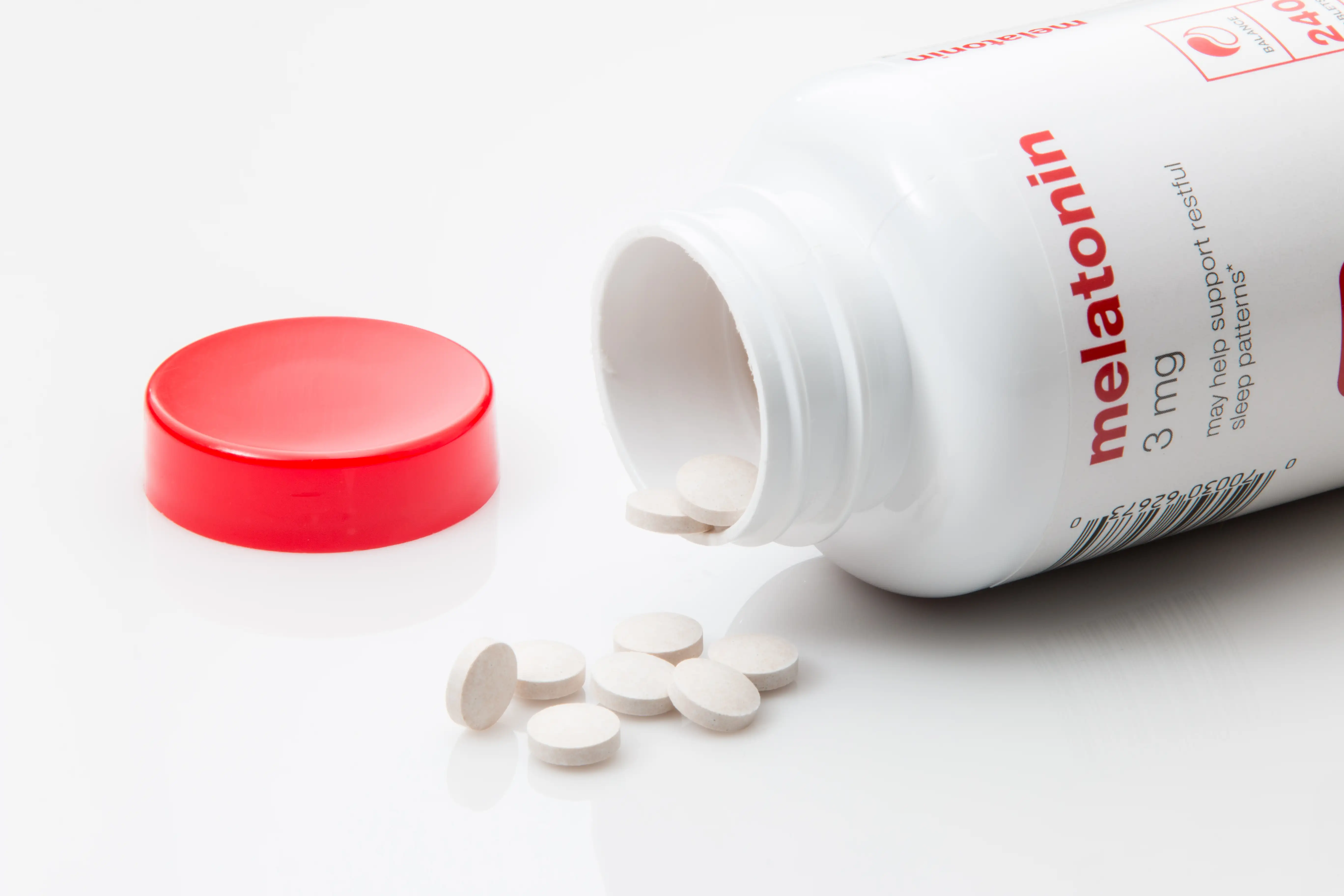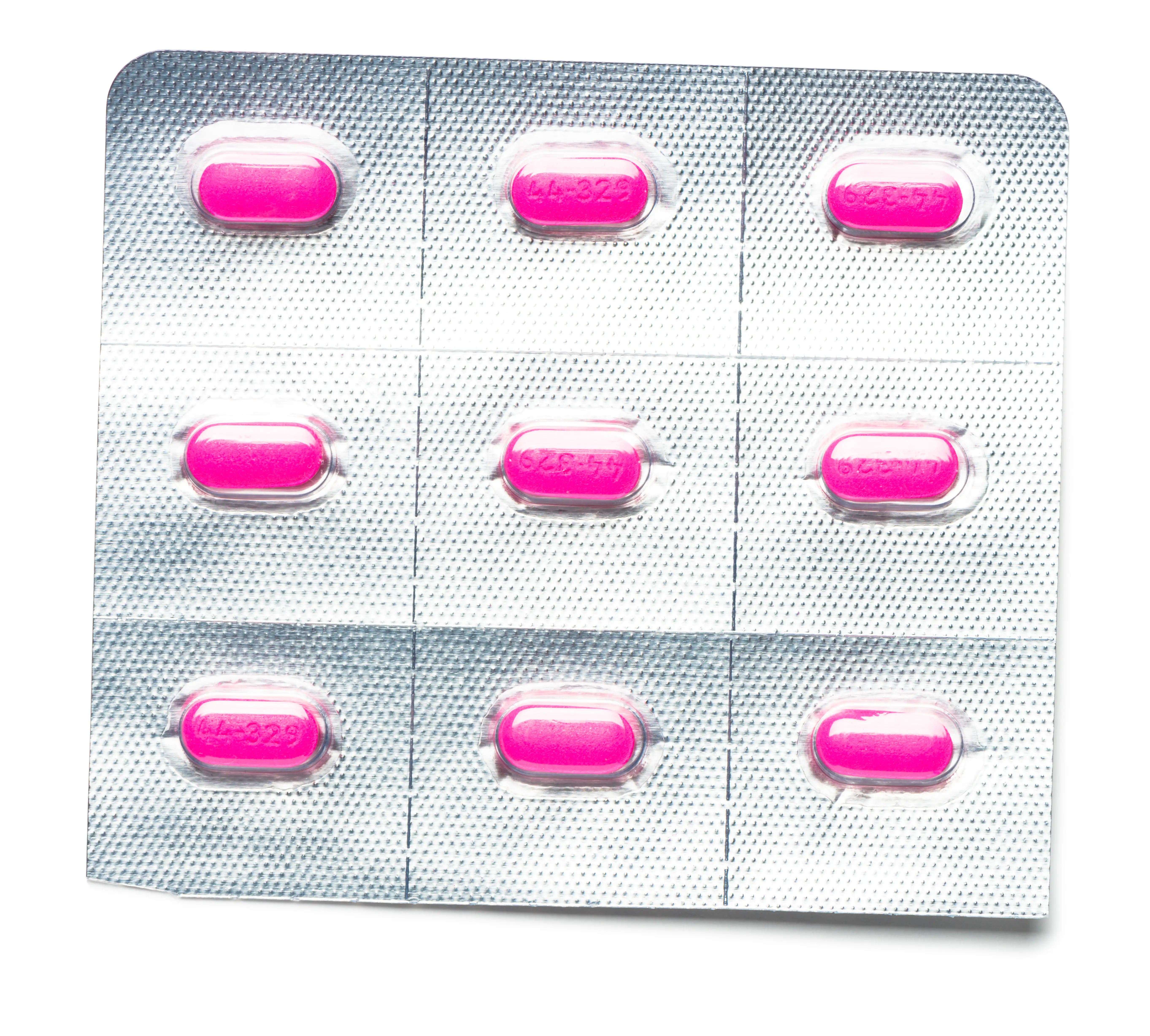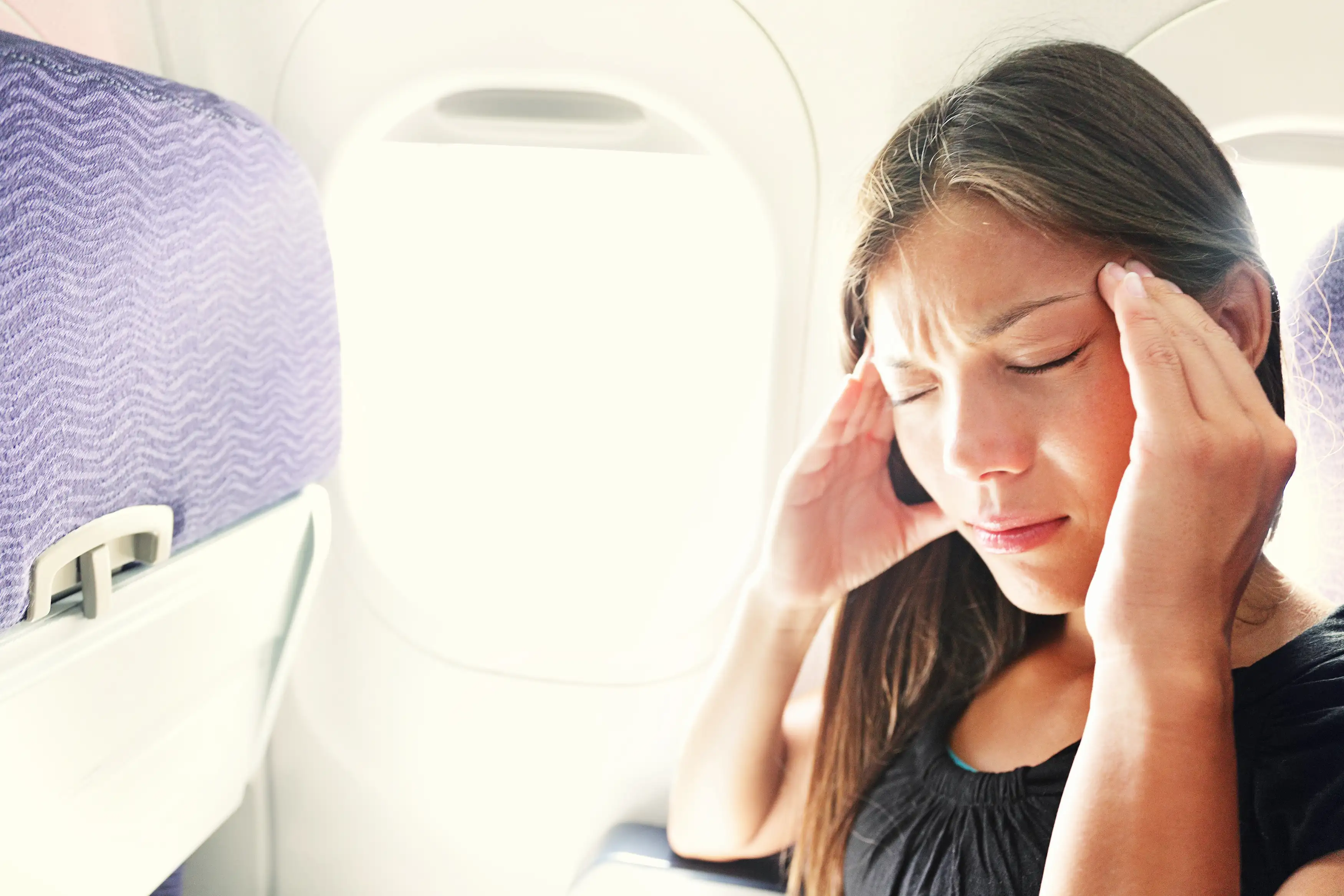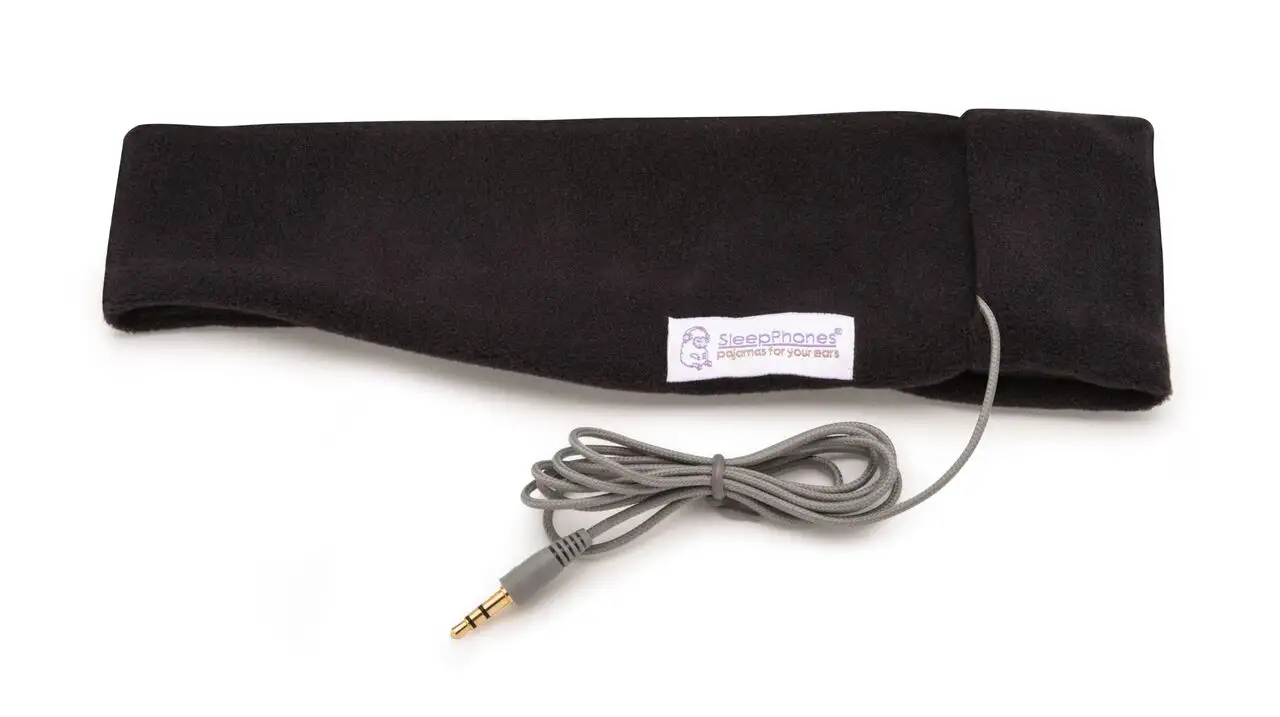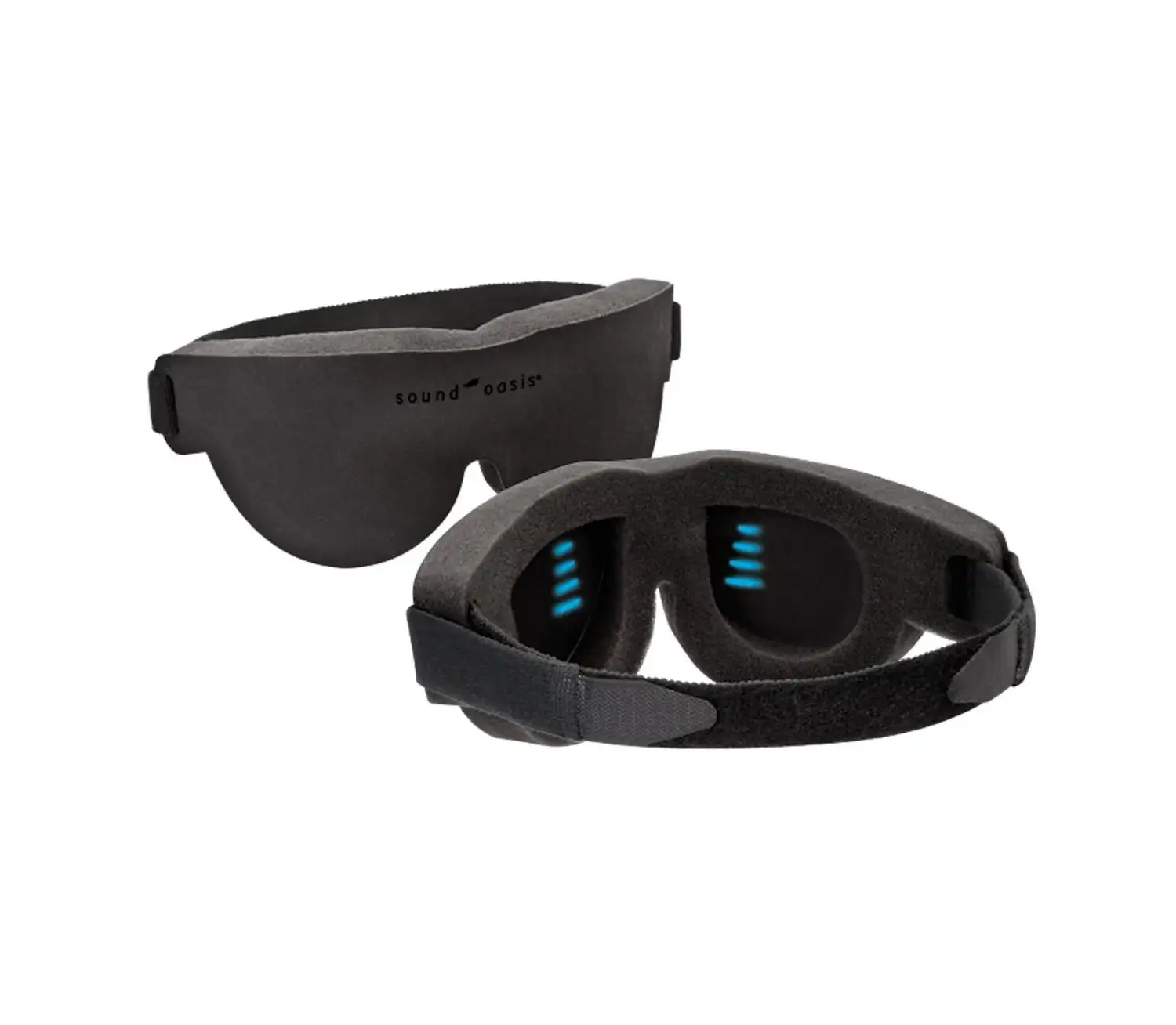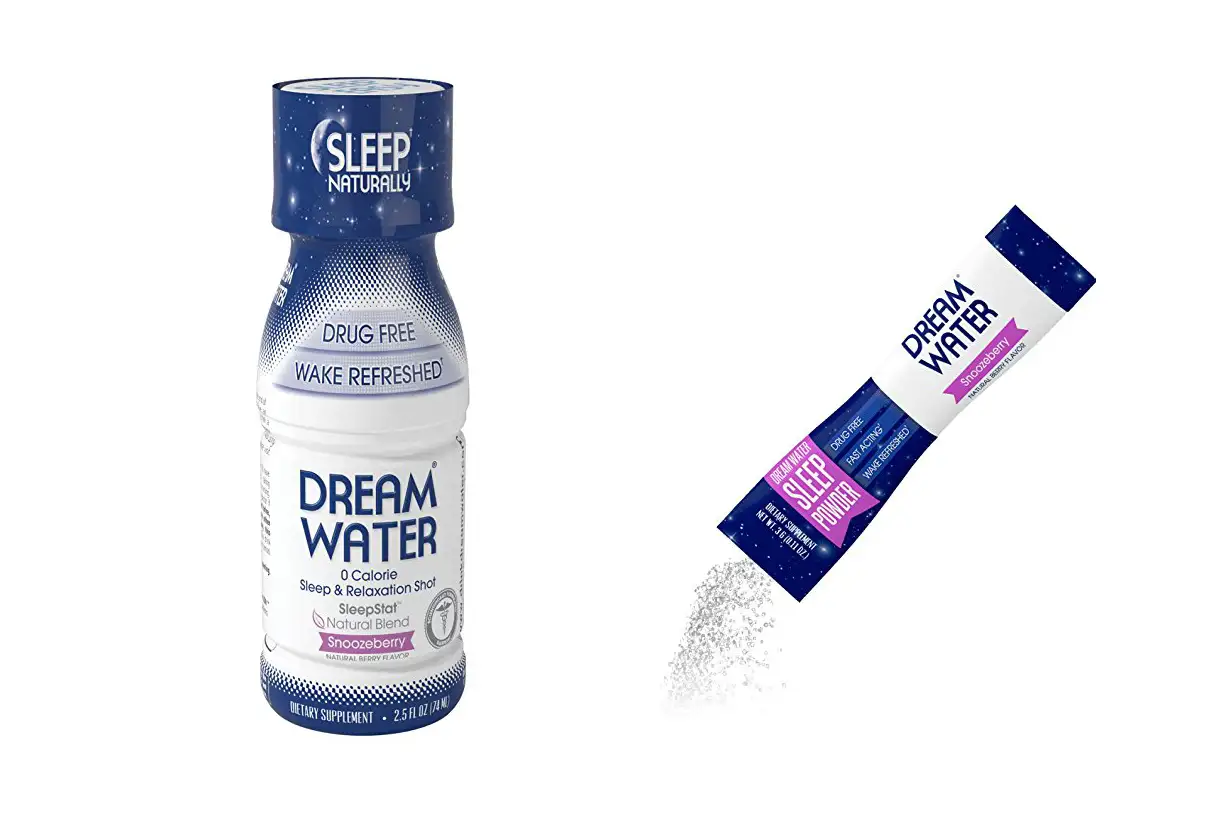A world where everyone could sleep on command—or, simply one with more comfortable airplane seats—would be a beautiful one. But until that fantasy becomes reality, some of us will have to rely on sleep aids and accessories to help us catch some Zs.
How to Sleep on the Plane
If getting to sleep on the plane or while traveling is a major problem for you, here are some natural sleep aids to ask your doctor about, plus a few packable accessories that might be the key to getting some shut-eye.
Valerian Root
A fitful airplane sleeper, I’ve tried plenty of natural sleep aids—and valerian root is both the best and worst discovery I’ve made. While it does seem to work for me, it smells like stinky cheese and feet—which can be quite the packing dilemma.
There is some scientific evidence that this supplement aids sleep, but medical studies have been inconclusive as to which part of the plant helps with insomnia, and how. It’s used by many people as a natural, non-habit forming sleep aid to relax them into a drowsy state.
While I separate most of my medicines into small travel packs, doing this with valerian capsules would mean making your travel bag and all your other medications stink. But, I’ve found bringing a tightly-closed bottle in my carry-on is worth the benefits. Taking one right before I get on the plane usually means I’ll fall asleep soon after takeoff.
Melatonin
Melatonin is the chemical your body produces when your circadian rhythm tells you it’s time to hit the hay. This means it’s light and generally safe for use as a supplement, though Boston University health and nutrition expert Joan Salge Blake told me it isn’t recommended by most doctors for long-term effectiveness. In my experience, it’s not much help in quickly making you sleepy unless you’ve never used it before. Many people who use it sporadically, however, swear by it.
Antihistamines
Most big-name sleep aids contain antihistamines, which treat allergy symptoms, as an active ingredient. For example, the active ingredient in both Zzzquil and Benadryl is diphenhydramine, an antihistamine that can make users drowsy. This makes antihistamines a dual-use medication that’s smart to keep on hand while traveling, but health experts say antihistamines can have negative effects if they’re used long-term. Ask your doctor about using it as a general sleep aid.
Motion Sickness Medicines with Dimenhydrinate
Another obstacle in getting to sleep on the plane can be motion sickness, which I’ve personally dealt with my entire life. From childhood I learned the benefits of Dramamine—which has the active ingredient dimenhydrinate—on long car rides and flights. It not only turns off queasiness brought on by turbulence or bumpy rides, it also makes most people very tired. Skip the non-drowsy version if you’re trying to nod off, since it’s mostly just ginger extract.
SleepPhones
If darkness and calming sounds are essential to your sleep schedule, you probably have a lot of trouble getting to sleep on the plane. Luckily, there are products that can comfortably block out light and allow you to listen to whatever helps you fall asleep. SleepPhones do the best of both. Its earphones are hidden inside a thick-banded eye mask that shuts out light, meaning you won’t have annoying ear buds keeping you from sleeping. It’s packable, and eliminates the need for flimsy eye masks and easily lost ear plugs. They also come in a wireless version for optimal sleeping comfort.
Light Masks and Lamps
Doctors have studied the effects of light therapies on people with insomnia, suggesting that a person’s circadian rhythm might be adjusted by certain blinking and flashing lights. This has given rise to sleep accessories that use glowing or blinking lights to ease you to sleep, like eye masks and relaxation lamps. Both options are pretty affordable, but the former is probably better for flights since it won’t disturb your neighbor.
Multi-Supplement Sleep Aids
If you find that herbal sleep aids aren’t very effective on their own, ask your doctor about combining a few that are safe for you. Rather than buying multiple supplements and toting around lots of medication, try an over-the-counter product. SmarterTravel Senior Editor Christine Sarkis uses Dream Water, which contains an amino acid common in good sleepers called gamma-aminobutyric acid, plus melatonin and tryptophan.
“I first found Dream Water while staggering through a pharmacy in a jetlagged haze,” Sarkis says. “It helped me sleep so well after a big time change that I now swear by it. Recently I discovered that it comes in a powder in addition to a liquid form, so I can travel with it even when I’m going carry-on.”
Decaffeinated Tea
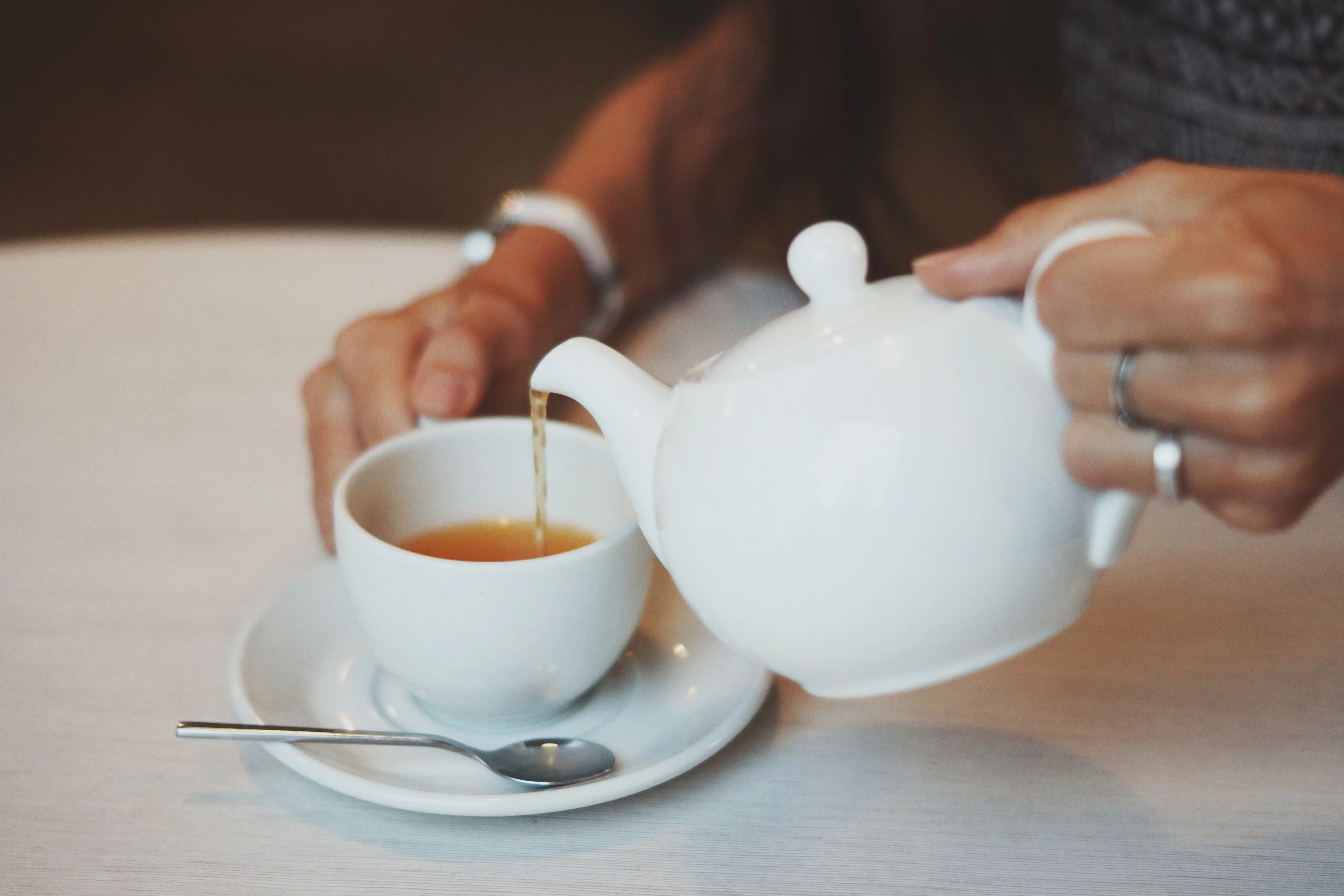
Another way to get natural sleep aids like chamomile, lemon balm, and melatonin is drinking tea. Pop some sleep-specific tea bags in your carry-on for tiring flights. Caffeine-free SleepyTime Tea, chamomile tea, and cherry juice tea with melatonin are all good options. Ask the flight attendant for some hot water and get comfortable—warm steam and calming herbs might be all you need to fall asleep on the plane.
Doctor-Prescribed Sleep Aids
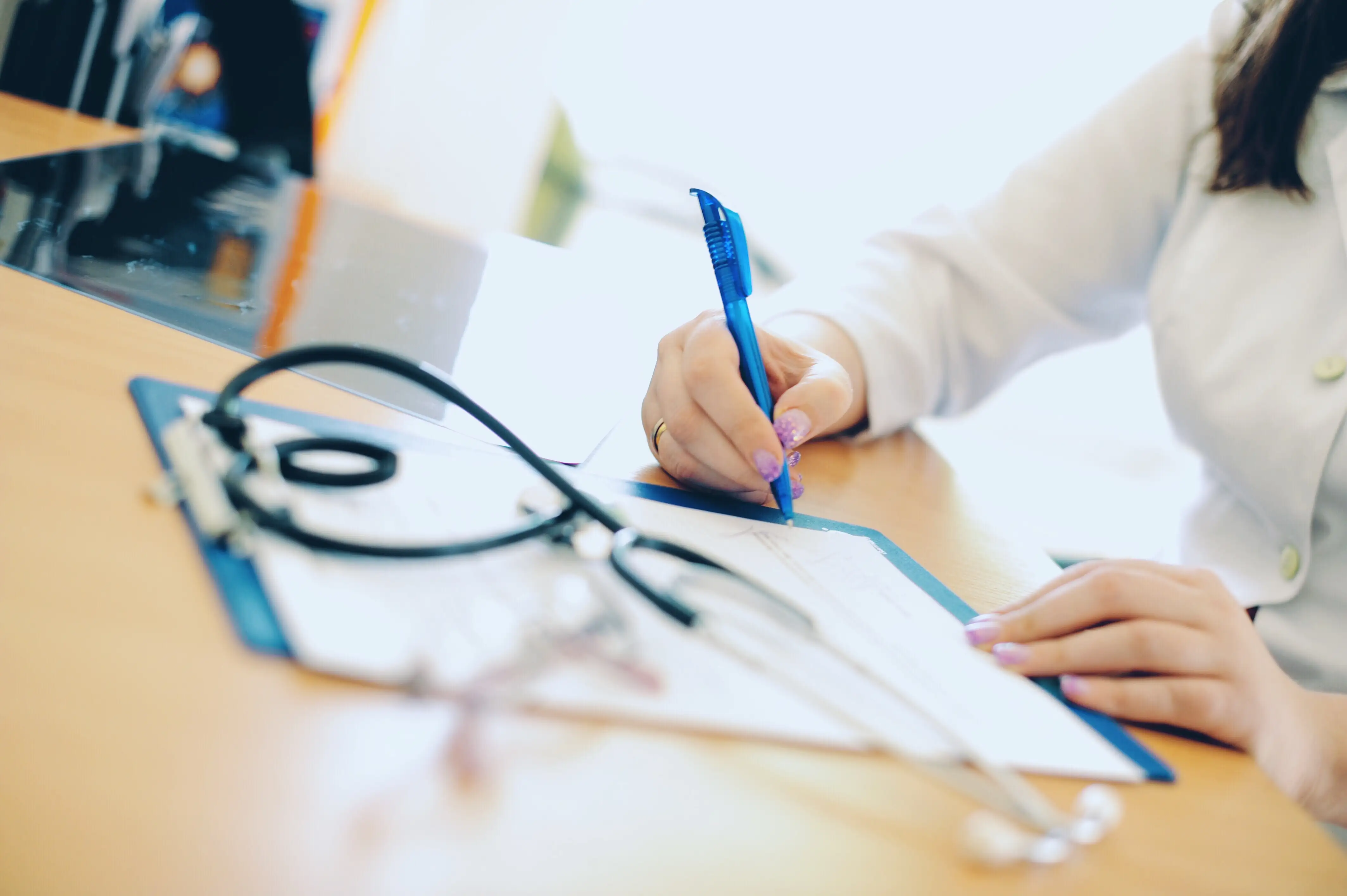
When natural sleep aids like these fail, it’s time to talk to your doctor more in-depth about whether you have a sleep disorder treatable by a prescription. Plenty of people have prescription-strength sleep aids just for travel or jetlag, but it’s important to make sure you don’t have a condition that needs further attention first. Make an appointment at your doctor’s office well before you travel so you can be prepared—or ask at your travel vaccine visit.
More from SmarterTravel:
- How to Stay Healthy While Traveling
- 12 Superfoods to Keep You Healthy While Traveling
- 8 Ways You’re Sabotaging Your Health While Traveling
Associate Editor Shannon McMahon writes about all things travel. Follow her on Twitter and Instagram.
Editor’s Note: Anyone considering using a sleep aid, natural or otherwise, should ask their doctor first to ensure its use won’t negatively affect existing medical conditions or interact with other medications.
We hand-pick everything we recommend and select items through testing and reviews. Some products are sent to us free of charge with no incentive to offer a favorable review. We offer our unbiased opinions and do not accept compensation to review products. All items are in stock and prices are accurate at the time of publication. If you buy something through our links, we may earn a commission.
Related
Top Fares From
Today's Top Travel Deals
Brought to you by ShermansTravel
Shop and Save with Country Inns...
Patricia Magaña
 Hotel & Lodging Deals
Hotel & Lodging Deals
$229 -- Chicago: Discounted Rates and...
Francesca Miele
 Hotel & Lodging Deals
$229+
Hotel & Lodging Deals
$229+
$188 -- Honolulu: Save on Oceanview...
Abigail Lamay
 Hotel & Lodging Deals
$188+
Hotel & Lodging Deals
$188+
